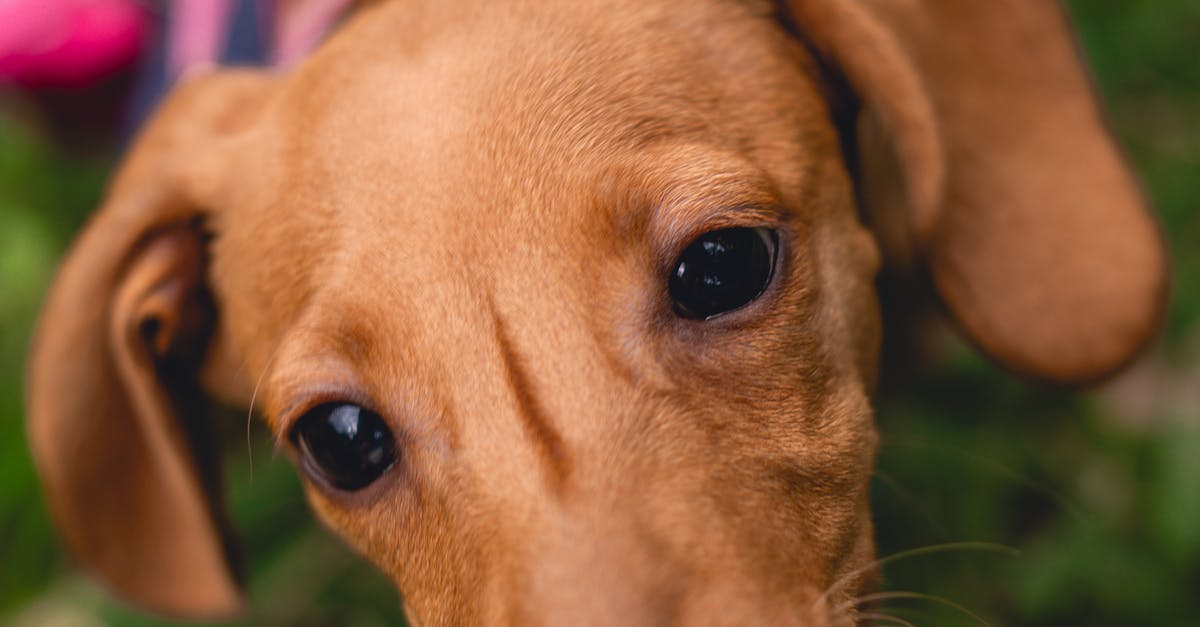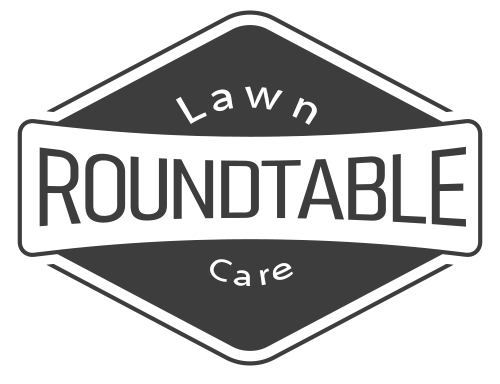The Hidden Reasons Behind Dogs’ Grassy Habit

Grass eating is a common behavior in dogs, but why do they do it? Is it a sign of a health problem? While occasional grass eating is usually not a cause for concern, excessive or sudden onset of grass eating may warrant veterinary attention. This article will delve into the causes, potential implications, and remedies for grass eating in dogs. We’ll discuss home remedies for occasional grass eating, signs that indicate the need for veterinary care, veterinary diagnosis and treatment options, behavioral causes and solutions, and additional tips and resources.
Dogs eat grass for various reasons, including nutritional deficiencies, gastrointestinal issues, or simply as a way to satisfy their natural foraging instincts. While grass is not toxic to dogs, it’s important to be aware of potential risks, such as exposure to pesticides or parasites. Home remedies for occasional grass eating include providing alternative sources of fiber, such as pumpkin or bran, or engaging in interactive activities to reduce boredom.
If your dog’s grass eating becomes excessive or is accompanied by other symptoms such as vomiting or diarrhea, it’s essential to consult a veterinarian. Veterinarians can perform diagnostic tests to rule out underlying medical conditions and provide appropriate treatment. Addressing behavioral causes of grass eating, such as boredom or anxiety, may also be necessary. This article will provide valuable insights and practical tips for understanding and managing grass eating in dogs, helping you ensure their health and well-being.
Dogs Eating Grass: Key Points to Remember
Key Insights:
- Dogs eat grass for various reasons, including nutritional deficiencies, gastrointestinal issues, or simply as a way to satisfy their natural foraging instincts.
- While occasional grass eating is usually not a cause for concern, excessive or sudden onset of grass eating may warrant veterinary attention.
- Home remedies for occasional grass eating include providing alternative sources of fiber, such as pumpkin or bran, or engaging in interactive activities to reduce boredom.
- If your dog’s grass eating becomes excessive or is accompanied by other symptoms such as vomiting or diarrhea, it’s essential to consult a veterinarian.
- Addressing behavioral causes of grass eating, such as boredom or anxiety, may also be necessary.
1. Why Do Dogs Eat Grass?
Why do dogs eat grass? It’s a common question that has puzzled pet owners for years. While there is no single definitive answer, there are several possible reasons why dogs engage in this behavior.
One possibility is that dogs eat grass to supplement their diet. Grass is a good source of fiber, which is important for digestive health. Dogs may also eat grass to obtain vitamins and minerals that they are lacking in their regular diet. For example, some dogs eat grass when they are deficient in iron.
Another possibility is that dogs eat grass to relieve gastrointestinal upset. Grass can help to soothe an upset stomach and reduce vomiting and diarrhea. Dogs may also eat grass to get rid of intestinal parasites. The rough texture of grass can help to scrape away parasites from the lining of the intestines.
Finally, some dogs eat grass simply because they enjoy the taste or texture. Grass is a natural roughage that can help to satisfy a dog’s natural chewing instinct. Eating grass can also be a way for dogs to relieve boredom or stress.
2. Potential Health Implications
While grass is generally safe for dogs to eat, there are some potential health implications to be aware of. One concern is exposure to pesticides and fertilizers. Many lawns are treated with these chemicals, which can be harmful to dogs if ingested.
Another concern is parasites. Grass can harbor parasites, such as roundworms and hookworms. These parasites can be transmitted to dogs if they eat grass that has been contaminated.
Finally, eating too much grass can lead to digestive upset. Grass is a high-fiber food, and eating too much of it can cause vomiting and diarrhea. In severe cases, it can even lead to a blockage in the intestines.
If you are concerned about the potential health risks of grass eating, there are a few things you can do. First, avoid letting your dog eat grass that has been treated with pesticides or fertilizers. Second, keep your dog’s vaccinations up to date to protect them from parasites. Finally, limit the amount of grass your dog eats. If your dog eats a lot of grass, talk to your veterinarian about ways to deter this behavior.
3. Home Remedies for Occasional Grass Eating
If your dog is an occasional grass eater, there are a few things you can do at home to deter this behavior. One is to provide your dog with alternative sources of fiber. Good sources of fiber for dogs include pumpkin, bran, and oatmeal. You can add these to your dog’s food or give them as treats.
Another way to deter grass eating is to provide your dog with plenty of enrichment. Enrichment activities can help to keep your dog entertained and stimulated, which may make them less likely to eat grass out of boredom. Some good enrichment activities for dogs include playing fetch, going for walks, and providing them with interactive toys.
Finally, if your dog is eating grass excessively, you may want to consult with your veterinarian. There may be an underlying medical condition that is causing your dog to eat grass. Your veterinarian can help you to determine if there is an underlying medical condition and recommend the best course of treatment.
4. When to Contact a Veterinarian
While occasional grass eating is generally not a cause for concern, there are some signs that indicate your dog’s grass eating may require professional attention. These signs include:
- Excessive grass eating. If your dog is eating grass excessively, it may be a sign of an underlying medical condition, such as a gastrointestinal disorder or a nutritional deficiency.
- Vomiting or diarrhea. If your dog is vomiting or having diarrhea after eating grass, it is important to take them to the veterinarian. Vomiting and diarrhea can be signs of a more serious medical condition.
- Lethargy or loss of appetite. If your dog is lethargic or has lost their appetite, it is important to take them to the veterinarian. These symptoms can be signs of a more serious medical condition.
- Other unusual symptoms. If your dog is exhibiting any other unusual symptoms, such as abdominal pain or weight loss, it is important to take them to the veterinarian. These symptoms could be signs of a more serious medical condition.
If you are concerned about your dog’s grass eating, it is always best to consult with your veterinarian. Your veterinarian can help you to determine if there is an underlying medical condition and recommend the best course of treatment.
5. Veterinary Diagnosis and Treatment
If your dog is eating grass excessively or exhibiting other signs of illness, your veterinarian will likely perform a physical exam and ask you about your dog’s history. They may also recommend some diagnostic tests, such as bloodwork, a urinalysis, or an X-ray. These tests can help your veterinarian to determine if there is an underlying medical condition causing your dog to eat grass.
Once your veterinarian has diagnosed the underlying medical condition, they will recommend the best course of treatment. Treatment may include medication, diet changes, or surgery. In some cases, your veterinarian may recommend a combination of treatments.
It is important to follow your veterinarian’s instructions carefully and to give your dog all of their medication as prescribed. With proper treatment, most dogs will recover from the underlying medical condition that is causing them to eat grass.
6. Behavioral Causes and Solutions
In some cases, grass eating may be caused by behavioral factors, such as boredom, anxiety, or pica. Boredom is a common cause of grass eating in dogs. Dogs who are bored may eat grass to relieve their boredom or to get attention from their owners.
Anxiety is another potential cause of grass eating in dogs. Dogs who are anxious may eat grass to self-soothe. Pica is a condition in which dogs eat non-food items, such as grass. Pica can be caused by a variety of factors, including nutritional deficiencies, gastrointestinal disorders, and behavioral problems.
If you think your dog’s grass eating may be caused by boredom or anxiety, there are a few things you can do to address the underlying issue. To address boredom, provide your dog with plenty of exercise and mental stimulation. To address anxiety, try to identify the source of your dog’s anxiety and take steps to reduce it. If you think your dog may have pica, it is important to consult with your veterinarian to rule out any underlying medical conditions.
7. Additional Tips and Resources
Here are some additional tips and resources for managing grass eating in dogs:
- Pet-friendly grass alternatives: If you are concerned about your dog eating grass that has been treated with pesticides or fertilizers, you can grow your own pet-friendly grass. There are a number of pet-friendly grass varieties available, such as wheatgrass and barley grass.
- Poison control information: If you think your dog has eaten something poisonous, such as a plant or chemical, it is important to contact your veterinarian or the ASPCA Animal Poison Control Center immediately.
- Other resources: There are a number of other resources available to help you manage grass eating in dogs. These resources include websites, books, and articles. You can also talk to your veterinarian or a certified dog trainer for advice.
With a little effort, you can help to manage grass eating in your dog and keep them healthy and happy.
Is it normal for dogs to eat grass?
Yes, it is normal for dogs to eat grass occasionally. Some dogs eat grass to supplement their diet, while others eat grass to relieve gastrointestinal upset or to get rid of intestinal parasites.
What are the risks associated with grass eating?
The risks associated with grass eating include exposure to pesticides and fertilizers, as well as parasites. Eating too much grass can also lead to digestive upset.
How can I deter my dog from eating grass?
There are a few things you can do to deter your dog from eating grass, such as providing them with alternative sources of fiber and enrichment, and avoiding letting them eat grass that has been treated with pesticides or fertilizers.
When should I contact a veterinarian about my dog’s grass eating?
You should contact a veterinarian if your dog is eating grass excessively, vomiting or having diarrhea after eating grass, or exhibiting other unusual symptoms.
What are some pet-friendly grass alternatives?
Some pet-friendly grass alternatives include wheatgrass and barley grass.
Dogs Eating Grass: Table of Key Insights
Key Insights:
| Reason | Potential Health Implications | Home Remedies | When to Contact a Veterinarian | |—|—|—|—| | Nutritional deficiencies, gastrointestinal issues, or natural foraging instincts | Exposure to pesticides and parasites, digestive upset | Provide alternative sources of fiber, engage in interactive activities | Excessive grass eating, vomiting or diarrhea after eating grass, other unusual symptoms | | Behavioral causes such as boredom, anxiety, or pica | None | Address underlying behavioral issues | Excessive grass eating, pica | | Underlying medical conditions | Varies depending on the condition | Treatment will vary depending on the underlying condition | Signs of underlying medical condition, such as vomiting, diarrhea, lethargy, or weight loss |
